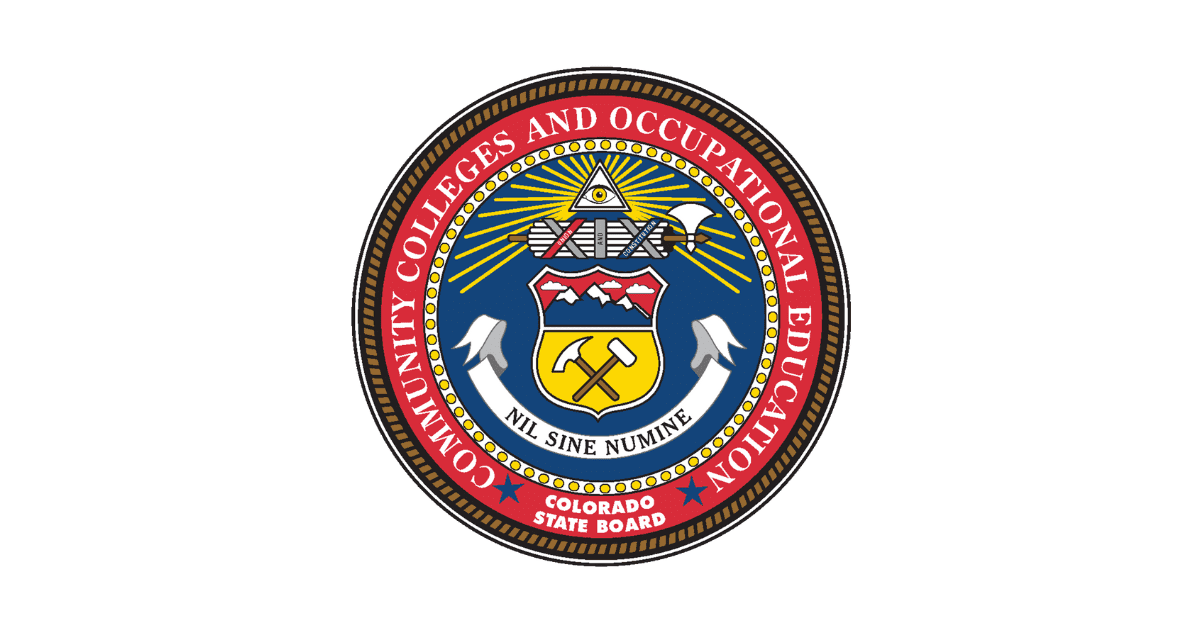Pathways Now Include Electrical and Computer Engineering
Feb. 28, 2024 (DENVER) – The Colorado Community College System (CCCS) and the University of Colorado Boulder (CU Boulder) have added four new engineering pathway options for transfer students who earn an Associate of Engineering Science degree (AES).
In addition to mechanical and civil engineering, community college graduates may now opt for pathways in architectural, computer, electrical, and general engineering. Dr. Colleen Simpson, president of Front Range Community College, and Russell Moore, provost and executive vice chancellor for academic affairs for CU Boulder, formalized the agreement at a signing ceremony on the CU Boulder campus yesterday.
“We are thrilled to grow our partnership with CU Boulder and offer new educational opportunities for the 1,200-plus students pursuing an AES,” said Joe Garcia, chancellor of CCCS. “Through these expanded transfer options, we will connect more Coloradans to in-demand jobs while delivering skilled, diverse talent across an array of engineering disciplines.”
CCCS and CU Boulder administrators worked together to develop a two-year curriculum that prepares community college students for advanced engineering courses. Upon transferring, AES graduates will be able to complete a Bachelor of Science degree in two to three years.
“This represents a new model—one that we’ve been striving toward for a long time,” said Russell Moore, CU Boulder provost. “We are excited to not only to sustain this relationship but to expand it moving forward.”
The agreement builds upon robust transfer partnerships between CU Boulder and Front Range Community College, said Dr. Simpson. The two institutions already provide personalized advising and academic services for transfer students through CCCS’s Bridge to Bachelor’s Degree Program.
“This important pathway gives community college students a way to seamlessly pursue a four-year degree in engineering—preparing them for rewarding, in-demand careers,” Dr. Simpson said. “We’re giving them a strong academic foundation in engineering and supporting them every step of the way.”
The agreement comes as the state looks to fill significant shortages for engineers. Computer and electrical engineering jobs across Colorado are expected to grow by nearly 15% over the decade with hundreds of positions open every year, according to the Colorado Talent Pipeline Report.
“While the transfer process can seem intimidating, partnerships like this make it a lot easier. With this new agreement, I can rest easy knowing that all my hard work will count towards my bachelor’s degree,” said Breeana Pritchard, an FRCC student who plans to transfer to CU Boulder to study biomedical engineering. “With the support of CU Boulder and Front Range advisors, I now have a clear path to achieve my goals.”
For more information, visit the CU Boulder website.
###
About the Colorado Community College System
The Colorado Community College System (CCCS) is the state’s largest system of higher education, delivering more than 1,000 programs to over 115,000 students annually through 13 colleges and 35 locations across Colorado. Our open access mission ensures all Coloradans who aspire to enrich their lives have access to quality higher education opportunities. The System Office provides leadership, advocacy, and support to the colleges under the direction of the State Board for Community Colleges and Occupational Education (SBCCOE). Join us in changing the way Colorado goes to college. Learn more at cccs.edu.
About the University of Colorado Boulder
At the foot of the Rocky Mountains, the University of Colorado Boulder is nationally recognized as one of only 38 AAU public research universities. Established in 1876, CU Boulder is a R1 public research university with five Nobel laureates, nine MacArthur fellows and is the No. 1 public university recipient of NASA awards. CU Boulder is a leader in many fields, including aerospace engineering, earth and environmental science, physics, and environmental law. The school partners with many notable federal research labs, including the National Oceanic and Atmospheric Administration (NOAA), the National Institute of Standards and Technology (NIST) and the National Renewable Energy Laboratory (NREL). Fore more information, go to www.colorado.edu.
About the College of Engineering & Applied Science
CU Boulder’s College of Engineering & Applied Science is the top-ranked engineering school in Colorado and the entire Rocky Mountain Region, with 56 degree programs in 18 areas of study. The college’s mission is to generate new knowledge in engineering and related fields, and to equip students from diverse backgrounds to become leaders and citizens responsible for the betterment of individuals and society. Our faculty and students are making groundbreaking advances in energy, communications, materials, structures, computers, medicine and space exploration – creating the exciting technology that makes all of our lives better every day. Learn more at www.colorado.edu/engineering.


